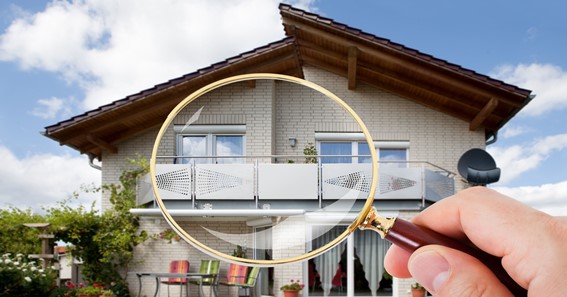Radon is a radioactive gas produced after the decomposition of uranium. It is tasteless, odorless, and colorless. Therefore, this makes it difficult to identify or observe any changes in radon level in your surroundings. Since radon is a gas, it quickly enters the body while inspiring and gets into the lungs. Once inside the lungs, the lungs get exposed to the radiation produced by radon which leads to cell damage and, in severe cases, lung cancer.
Radon poisoning is the second leading cause of lung cancer, which is why people opt for radon testing. radon testing in New Jersey is a procedure in which radon concentration is evaluated in your home, workplace, etc.
Why should you go for radon testing?
Radon testing is a preventive and straightforward procedure. It helps you to stay away from the harmful effects of radon poisoning. A few of the reasons you should get a radon test are mentioned below.
Click here – 4 Ways an Accident Attorney Can Help You in Atlanta
- Radon is a leading cause of lung cancer. It ranks number one in the case of non-smokers.
- If your neighbors have high radon levels in their house, likely, you may also have radon poisoning. However, the levels of radon contamination vary significantly from one home to another, even on the same street.
- As mentioned above, radon is colorless, tasteless, and odorless. Therefore, radon testing is the only way to evaluate its concentration in your house.
Radon testing is highly advisable to stay safe from harmful radiation emitted from radon.
How to perform a radon test?
Before starting a radon test, ensure that all the windows and doors of the house are closed for not less than 12 hours. Take the radon testing device and place it in an excellent location near the ground as radon levels are higher at lower levels. Place the testing device in place for no less than 91-95 days. Once the waiting period is over, hand the testing device to a lab and wait for the results. Suppose the level of radon concentration is below the allowable limit. In that case, you are safe, but if the level is above the permissible limit, then you have to opt for a procedure known as radon mitigation.
Click here – What is Punishment?
What is radon mitigation?
Radon mitigation is a procedure to reduce radon levels in a workplace or a house. However, before going to professional treatment methods, you can try to increase your home’s ventilation rate, as this prevents radon gas from accumulating.






